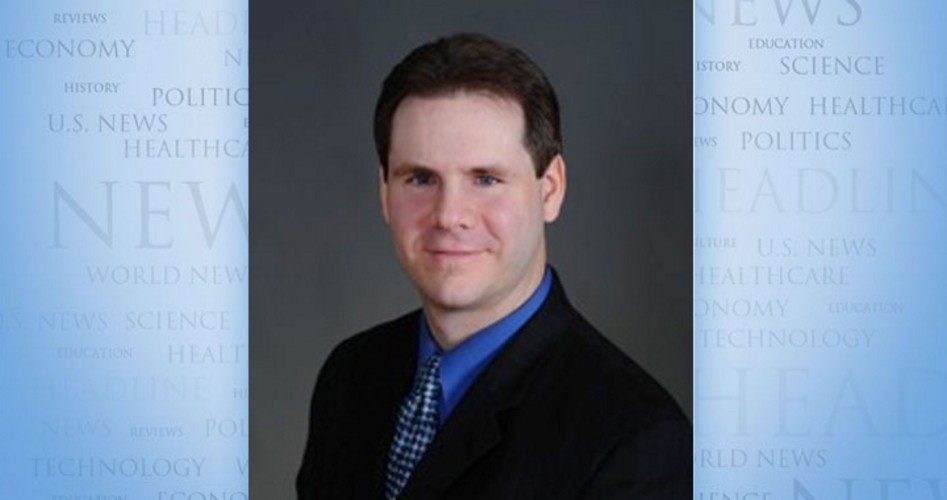
The British pork industry is collapsing, and it’s a story that should serve as a warning to all of us. Why? Because the agents of its demise have the entire West in their crosshairs.
The numbers are staggering. With a pig herd halved during the last decade, Britain has gone from producing 110 percent of its domestic consumption of pork to only 40 percent. This is due to many of the nation’s pig farmers having left the business, and they’re poised to be joined by 100 more this year, which represents “10% of Britain’s small to medium-sized producers,” reports the Guardian. Consequently, it’s predicted that domestic production will decline another 20 percent by Christmas.
Britain’s pork farmers’ woes have been worsened by the droughts in the United States, which have increased the cost of feed. But what’s the source of their underlying problems? If you guessed government, go to the head of the class. As the Financial Times writes, “UK farmers are part of a global trend as the cost of feed and compliance with welfare regulations hits suppliers worldwide.”
The “regulations” in question are animal-welfare regulations, which have greatly handicapped British producers because other European Union nations weren’t subject to them; thus, British retailers could obtain pork more cheaply from those nations. And while this is about to change — other EU producers will face compliance with such regulations beginning in 2013 — all this does is spread the misery.
And it’s already spreading to the United States. The Financial Times also tells us, “The US Department of Agriculture estimates domestic pork production will decline by 1.3 percent in 2013 as feed costs put farmers under pressure.”
But why are feed costs rising? Sure, the aforementioned drought is a proximal cause, but what the articles about Britain’s pork woes fail to mention is the long-cited reason: We’ve been burning grain to make biofuel. And aside from giving us, as I understand it, an inefficient form of energy, this phenomenon is also the result of government mandates.
Should this continue, there’ll be only two possible outcomes: higher pork prices in the supermarket or pork obtained from places such as China, a nation notorious for exporting contaminated goods. In either case, pork consumption will drop. Of course, this is precisely what some people want.
This threatens to undo a great victory of modern civilization: making protein — which has been highly valued historically but often in short supply — readily available to the common man. And the larger picture is even more ominous. If you raise the price of all foods through biofuel mandates, animal-welfare regulations, and other state intrusion and couple this with proposed measures making it illegal or difficult to grow and raise your own food (onerous regulations governing “home farms”), you have a recipe for government control of the food supply, diminished dietary quality for the population, and perhaps even famine.
And you don’t have to believe in conspiracy to understand how this can happen. After all, there’s a multitude of people who believe in the global-warming agenda and that using grain-derived fuels is a good thing. There are vegan fundamentalists who decry the consumption of animal flesh, radical environmentalists who consider raising livestock a strain on the ecosystem, animal-rights activists who anthropomorphize beasts, misanthropes who view humans as a pox upon the planet, and health Nazis who want to control others’ diets. And, of course, these and other groups overlap. The point is that there’s a phalanx of leftist entities — whose supporters number in the scores of millions throughout the West — that would love to see meat production diminish and its costs rise. This is similar to the motivation of those who applaud more expensive gasoline: Raise the price and consumption declines.
This is why the worldview of those we elect matters. When leaders truly believe that the secular/animalist agenda outlined above is a moral imperative, they can say “Let them eat tofu” (the cost of which will also greatly rise) with the approval of their own consciences. These people will think nothing of undoing the economic triumph — that our forefathers bequeathed to us through centuries of striving — that has allowed the common man to enjoy a lifestyle that for most of history was reserved for the rich. After all, these people are the rich … and the “enlightened” — the former being their reality, the latter their perception.


